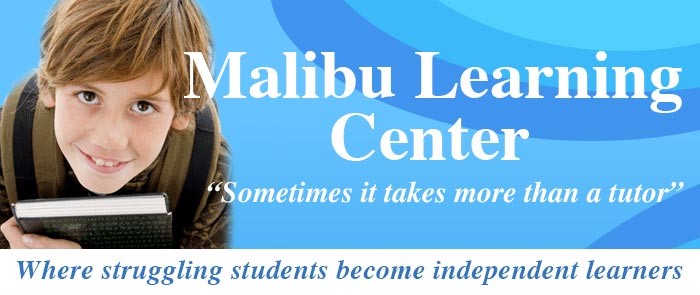The Banyon Tree is a native of Hawaii. It is a truly amazing sight to see because its branches can spread over acres. It has a single trunk, but its branches send down their own roots to help sustain them. Learning is like a Banyon Tree. The evidence of it can be incredibly far-reaching when the systems that support it are intact and strong.
For a good learner, the possibilities are endless. We think of school as a place where students learn content and information and calculations. However, the most important gift that we can give students in school, is how to learn. Like the Banyon Tree, the parts that we see, (the academics), are so extensive that we almost think that is all there is.
If we looked at the Banyon Tree, and saw a spot where the leaves were brown and withered, we might go to that spot and try to fix it with a special fertilizer or extra attention. We tend to approach learning problems in the same way. We see that a child is not reading well, or is struggling to learn phonics or math, and we say, “I’d better give that spot more attention.” Unfortunately the issue is often deeper than the academic symptoms. If the problem is in the trunk or the roots, giving “that spot” more attention isn’t going to do enough good. If we really want to make a significant and lasting difference in learning, we have to get to the root of the issue.
Processing Phase of Learning (The Roots)
The processing phase of learning involves the fundamental skills which enable an individual to begin to learn and come to function independently in the educational environment:
Memory
How well we learn or function is dependent upon how efficiently we can take in and deal with sequential pieces of information. The vast majority of what we learn comes through seeing and hearing. Our ability to process this information depends upon our short-term memory.
To begin reading, an individual should be able to hold 5 digits of information in his auditory and visual memory. To be a comfortable reader and speller, memory skills need to be at a solid 6-digit level. This usually occurs by about 8 ½ years old. Higher levels of learning will require automatic processing of 7 digits.
Attention
Efficient learning is also dependent upon the individual being able to pay attention to the important stimuli and ignore, or block out, extraneous information. (For example, it would be important to be able to subconsciously block out the sound of the air conditioner and the truck going by, while focusing on the teacher’s voice).
Being able to sustain, or hold, our attention long enough to absorb the information is also a critical factor in learning.
Language
In our highly language-based world, the individual who cannot take-in and think about language fast enough, in the right order, or with understanding, will be at a huge disadvantage. Phonemic awareness, or the ability to think about the number, order, and identity of sounds in words, is a critical factor in perceiving language. Deficits in this area can affect speech, reading, and spelling.
Motor Coordination
Everything that we learn or know is demonstrated through our motor system (speaking, writing, moving). An individual may be very bright and have a large fund of information, but if she cannot show it in some way, it is as though she does not know it.
Executive Function Phase of Learning (The Trunk)
The “executive function” of the brain is like the CEO. This is the problem solving and strategizing function that allows us to use information for learning. At the executive function level, we see patterns and relationships, make connections, and see relevance or non-relevance. This is the level of learning that allows us to use visualization and verbal inner language as tools to reason, associate, and plan.
Academic Skills Development Phase of Learning
(The Branches and Leaves)
With intact processing and executive function, the brain is ready to acquire academic skills.
Approaching academics without a solid processing skills base will result in frustration and failure. If we are going to make a significant impact on the lives and learning of students with learning challenges, we must first explore and then build the processing skills. When certain areas of an individual’s processing do not develop at the time they should developmentally, the individual will miss out on how to integrate or use those skills for academics. Therefore, executive function skills will generally have to be taught once the processing has been developed.


 (310) 804-3704
(310) 804-3704 